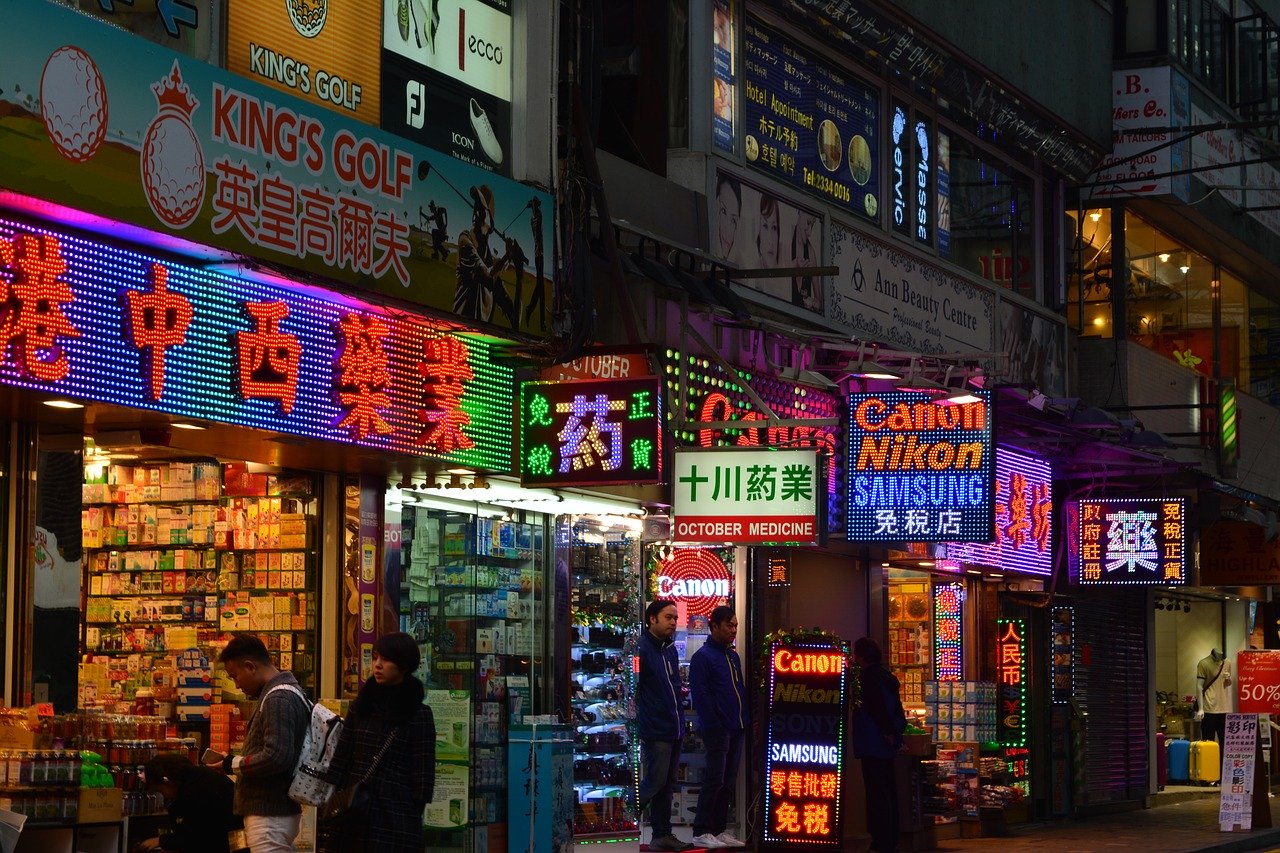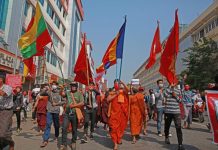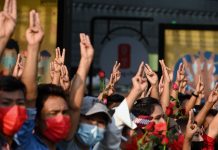
Top authorities in Hong Kong were "very disappointed" at Canada's decision to end its extradition pact. They also criticized the US for meddling in its affairs.
Senior officials in Chinese-ruled city expressed their disappointment at Canada’s move.
“The Canadian government needs to explain to the rule of law, and explain to the world, why it allows fugitives not to bear their legal responsibilities,” Hong Kong’s security chief, John Lee, told a radio program on Saturday.
Lee does not agree with the termination of the extradition treaty and believes that as Canada allowed politics to override the rule of law.
His remarks came after Canada announced on Friday that it was ending the treaty with Hong Kong in the wake of the new national security law.
Prime Minister Justin Trudeau said that Canada would also disallow the export of sensitive military tools to Hong Kong.
“We are also suspending the Canada-Hong Kong extradition treaty … we are also looking at additional measures, including around immigration,” he said though he did not disclose details.
Foreign Minister Francois-Philippe Champagne slammed the “secretive” way the national security law had been signed. He pointed out that Canada had been forced to reevaluate existing deals.
“This is a significant step back in terms of freedom and liberty … we had been hoping Beijing would listen to the international community and reverse course,” he said by phone.
Still, Hong Kong Justice Secretary Teresa Cheng expressed her disappointment with Canada's decision. She added that it could violate international law.
US-Hong Kong relations
Moreover, a Hong Kong government spokesman described as “totally unacceptable” a bill passed by the U.S. Senate to penalize banks doing business with Chinese officials who implement the new law.
“We reiterate that any ‘sanctions’ imposed under the act will not create an obligation for financial institutions under Hong Kong law,” the spokesman said in a statement.
He urged the United States to immediately stop interfering in Hong Kong’s internal matters, adding that Beijing, as well as the city’s government, could take counter-measures when needed.
Debatable law
The signing of the national security law in Hong Kong took place a day before the anniversary marking Hong Kong’s handover from the UK to mainland China on July 1, 1997.
According to the Chinese government, the legislation aims to prevent secession, terrorism activities, subversion of state power, and foreign interference. The legislation was proposed during China’s annual parliamentary meeting in late May and sparked protests in Hong Kong over fears that the city’s liberties would wane.
However, critics believe the new legislation will erode the autonomy placed on the special administrative region for 50 years after the handover or until 2047. However, there is no clarity on the result when the policy ceases.
“A lot of groups will be thinking twice about their behavior for tomorrow,” Natasha Kassam told CNBC’s “Street Signs Asia.” “The law will have a deterrent effect even though we don’t actually know the contents of it yet. And in that sense, I think Beijing will consider this to be a success story, at least in the short term.”






